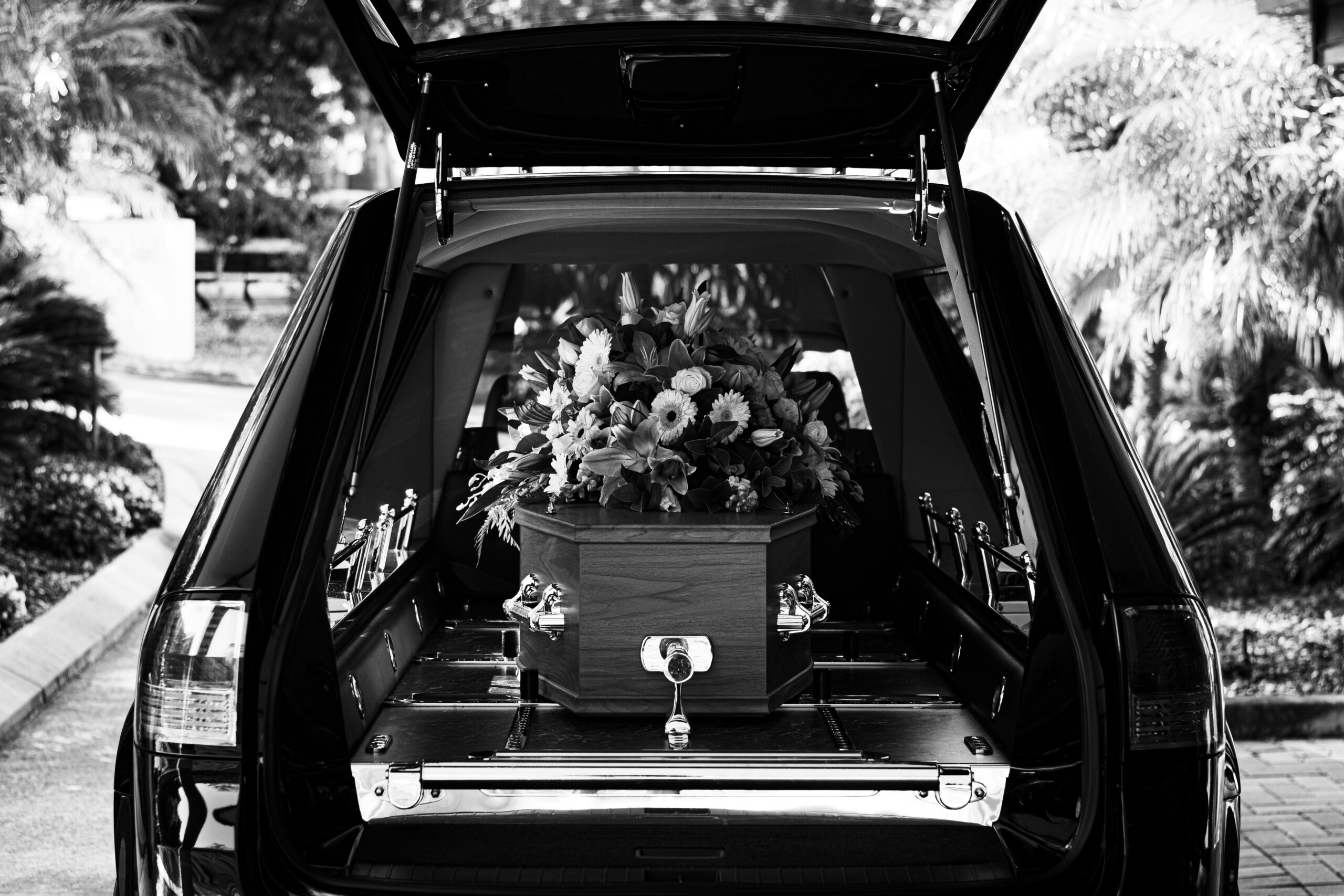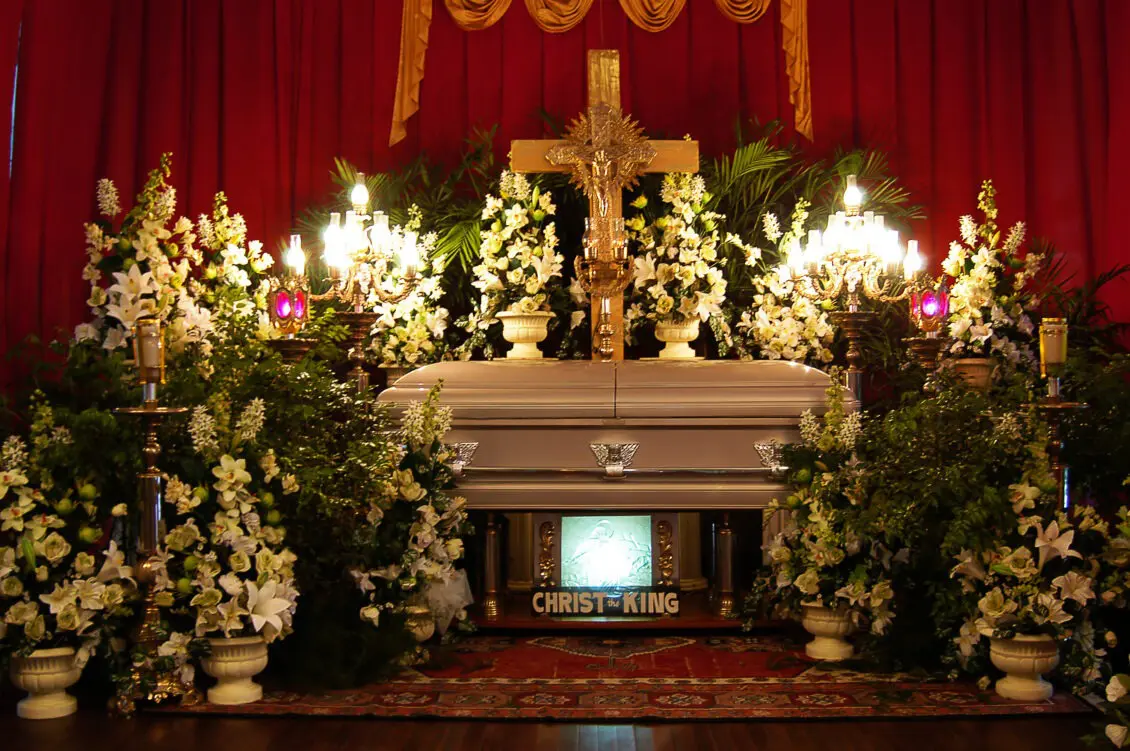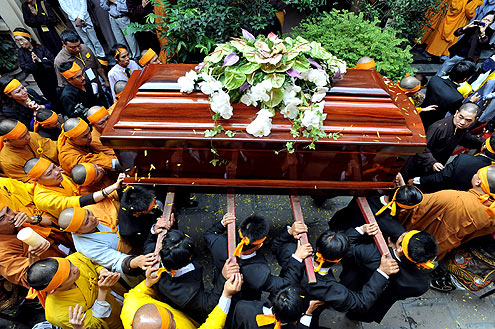Introduction
Planning a funeral can be a daunting task. It’s a time of grief, yet decisions must be made. This guide aims to simplify the process of custom funeral planning. It’s designed to help you navigate the many choices involved. Whether you’re pre-planning your own service or organizing a loved one’s, this guide offers practical advice. It covers everything from tailored services to legal considerations.
Understanding Custom Funeral Planning
A custom funeral is a unique tribute to a person’s life. It reflects their personality, values, and wishes. Custom funeral planning involves making choices about the service. These can range from traditional to unconventional. The goal is to create a meaningful experience. One that honors the deceased and supports the grieving process.
The Role of Family and Executors
Family members play a crucial role in custom funeral planning. They help ensure the service reflects the deceased’s wishes. Executors have a legal duty. They carry out the deceased’s instructions as outlined in their will. Both parties work together. Their goal is to honor the deceased’s life and provide comfort to the bereaved.
Exploring Funeral Options
There’s a wide range of funeral options. These can be traditional or unconventional, depending on the deceased’s wishes. Some people prefer a simple service. Others opt for a grand celebration of life.
Here are a few options:
- Traditional burial
- Cremation
- Green burial
- Home funeral
- Celebration of life event
- Memorial service at a later date
Each option can be customized to reflect the unique life of the deceased.
Tailoring Services to Reflect a Unique Life
Custom funeral planning allows for a unique reflection of the deceased’s life. It’s about personalizing the service to honor their individuality. You can incorporate their hobbies, passions, or achievements. This could be through music, readings, or visual elements like photos and videos. Remember, the goal is to celebrate their life. It’s about creating a meaningful tribute that resonates with everyone who knew them. In the end, a custom funeral is a beautiful way to say goodbye.
Communicating and Documenting Your Wishes
Clear communication is key in custom funeral planning. It’s important to share your wishes with family members and executors. Documenting your plans is equally crucial. This ensures your wishes are followed and eases the burden on your loved ones. Remember, your funeral should reflect your life and values. Make sure your wishes are known and respected.

Financial and Legal Considerations
Planning a custom funeral also involves financial and legal aspects. It’s important to understand potential costs and budget accordingly. Legal considerations may include wills, estate planning, and permissions. These can vary depending on your location and the nature of your funeral plans.
Here are some key points to consider:
- Budgeting for funeral costs
- Understanding legal requirements
- Considering insurance and estate planning
- Seeking professional advice if needed
Personalizing the Ceremony
A custom funeral is a chance to celebrate the unique life of the deceased. Personal touches can make the ceremony more meaningful. Consider incorporating elements that reflect the person’s passions, beliefs, or personality. This could include music, readings, or visual elements like photos and videos. Remember, the goal is to honor the deceased in a way that feels authentic and personal.
Resources and Support for Custom Funeral Planning
Planning a custom funeral can be a complex task. Thankfully, there are resources available to help. Online tools, local support services, and funeral directors can provide valuable guidance. They can help you navigate the planning process and make informed decisions. Remember, you don’t have to do this alone. Reach out for support when you need it.





